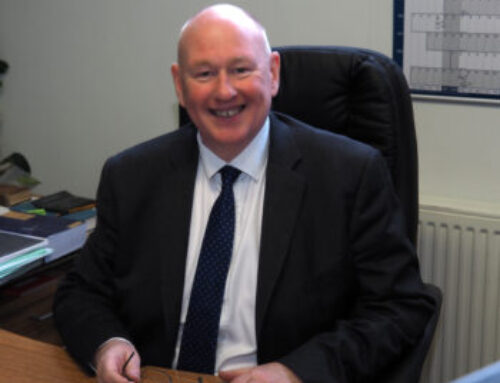
You do not have to work within the personal injury sector or insurance industry to be aware of the above. The general public consider themselves to be well informed regarding the ‘compensation culture’ we supposedly live in as a result of what they read and hear in our daily news. As a result of such reporting even the already pejorative term ‘compensation culture’ has become synonymous with a degree of dishonesty, even if it’s expressed as mildly as just someone ‘trying it on’. I’m not expecting this one blog to change attitudes but we do need to step back and regain some perspective.
I have been qualified as a personal injury and clinical negligence solicitor for over 10 years. In that time I have become aware of one fraudulent claim involving a road traffic accident and one slip/trip claim where a claimant attempted to attribute injuries caused by a fall at home to a non-existent accident involving a raised paving slab. I stopped acting for both clients at the point I became aware of the dishonesty and neither claimant was successful, and rightly so, in claiming compensation. I have dealt with hundreds of cases so these rogue claims represent a tiny percentage of genuine claims. The general public are under the impression that it is a far higher percentage than this if not the majority.
Before the fixed costs system was introduced (a streamlined system of awarding costs dependent upon the type of accident and value of the claim as campaigned for by the insurance industry), solicitors would spend a large but necessary amount of time investigating the accident circumstances. We want to establish for ourselves that there has been an accident and that this was as a result of the negligence of a third party. This would often involve attending the scene of an accident, taking photographs, tracing and interviewing witnesses, obtaining the police accident report and taking our client’s own evidence. Very often we would obtain medical records to double check that a client had sought medical treatment as claimed and that how the accident had been recorded in the notes accords with the client’s evidence.”
This article first appeared on http://www.lexology.com/ . Read the full article via Fraudulent injury compensation claims – Lexology.






